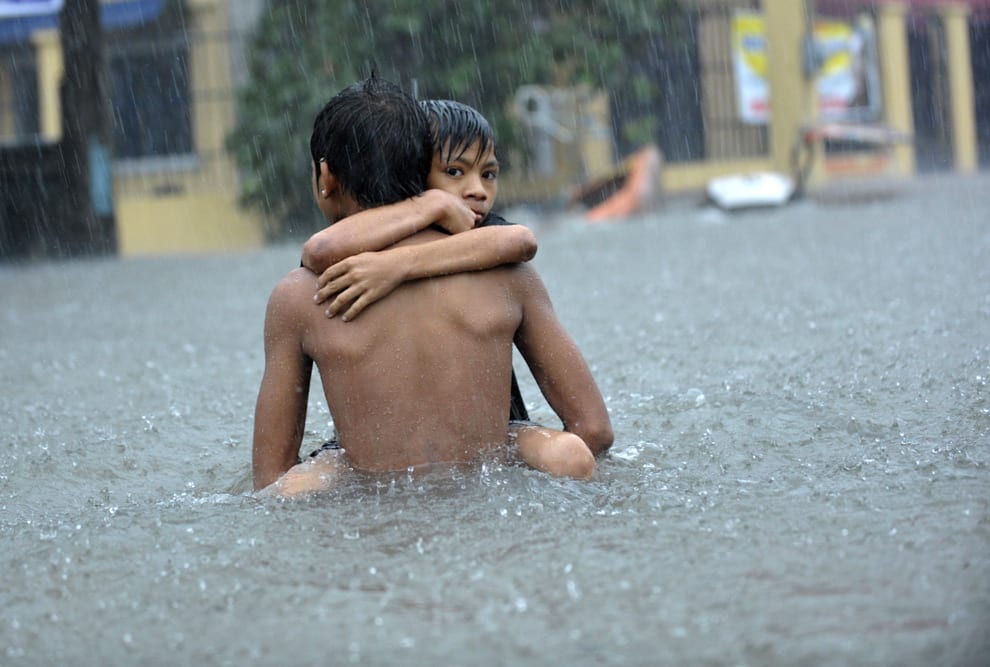“Our student-writers rose to the challenge, producing authentic, responsible and powerful pieces.”
As a student-writer taking part in the annual Writer’s Fortnight at school, my job was to create a piece of journalistic writing (I went with a feature article) based on some of the human interest volunteers we had come to school and talk to us about their impactful stories.
I would definitely agree with the “challenge” part of this prompt; journalism as a whole is a challenge for me, because I know realise the road to a perfect piece of journalism is filled with obstacles. Authenticity and responsibility, as mentioned in the prompt, are two huge factors that play a role in the process of writing a factually correct and informative piece. The importance of representing ideas and people in your story in a true, factual manner cannot be overstated.
Being able to correctly represent those in my story was something that I took as a serious part of writing this piece. I decided to write about Ms. Angela Noronha, a former University of Pennsylvania student who decided to move back to the Philippines in order to help in the relief efforts for Typhoon Ketsana’s aftermath. The biggest idea of my writing, was to communicate that fulfilment in life can be achieved without needing to go to some of the best schools in the world, and that there are different definitions of being successful. I decided to represent this through Angela’s story, and with insight from Joan Liu, a university advisor here at school and Megna Srinivasan, a student at our school. Since my piece was a somewhat opinion based feature piece, I realised the importance of presenting my quote subjects as the way they had meant to be represented. Going through all the recordings of past interviews, it was important that I quoted what I needed to use as it had exactly been said. After deciding I had been the most accurate I could be, I took this further and went on to email this article to the three interviewees and ask them if they were happy with the way they had been portrayed in my story, gladly getting an affirmative from all three. After this, I realised the true importance of representing your interviewees factually and correctly in stories; they must not be represented as someone who they are not, leading to conflicts of interest for them as well as other people making judgments about them because of things they may not have necessarily said.
The biggest insight that I gained from this journalistic process was that, the only way to create a “powerful piece” was to be planning from the start. It started with meeting Mr. Enlai Yeoh, a resident journalist for the Straits Times, and listening to his tips. I think that this was what helped me the most in the end; as a prospective journalist, you have always got to be on the lookout for anything worth noting down, and because of what Mr. Yeoh said, I was able to collect a large amount of tips from a professional of the field that in the end I feel really helped shape my essay and make it what it is. Not only was note taking important here, but especially during the process of interviewing. Planning was very important especially when creating the questions for the interviews. Your questions should be the driving force behind the kind of answers you want to get, and they should all in the end be relevant to your overarching idea. I feel that this was the hardest part of the process; how could I make sure that I did not go off on a tangent with my questions, and stay on the same path?
In the end, I think that the only way that someone is able to create an “authentic, responsible, powerful” piece of work is through careful pre and post planning. Before we start writing, we must prepare intensely, and be our most observant selves: especially if we are interviewing someone. The first look at the person you are going to interview should help you determine what kind of story you want to get out of them, yet it should also make you realise that while you have a specific aim, the way that this person is meant to represent that aim should be true and agreed with by them. I would also conclude that being responsible and authentic, is part of what contributes to the power of a piece. With factual and correctly presented information communicated in diverse ways, what could be a simply boring piece of text is transformed into an absolutely hooking and riveting piece of work.




